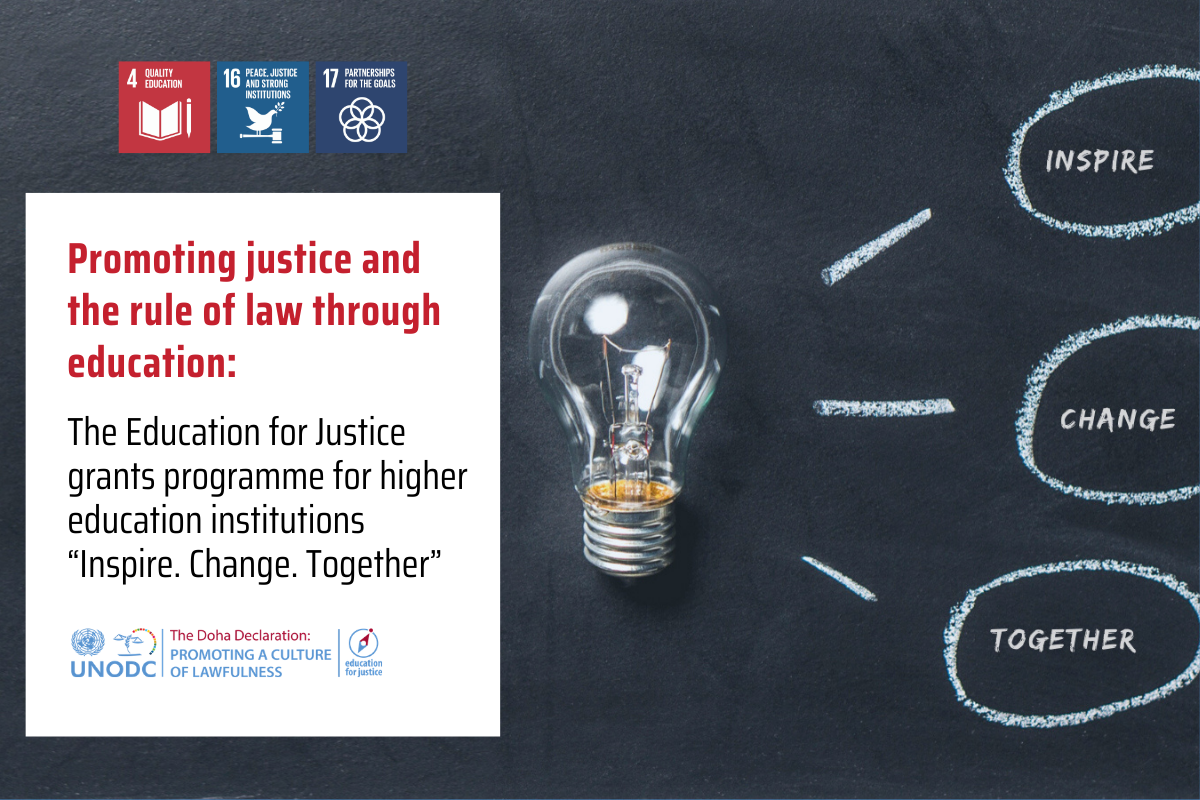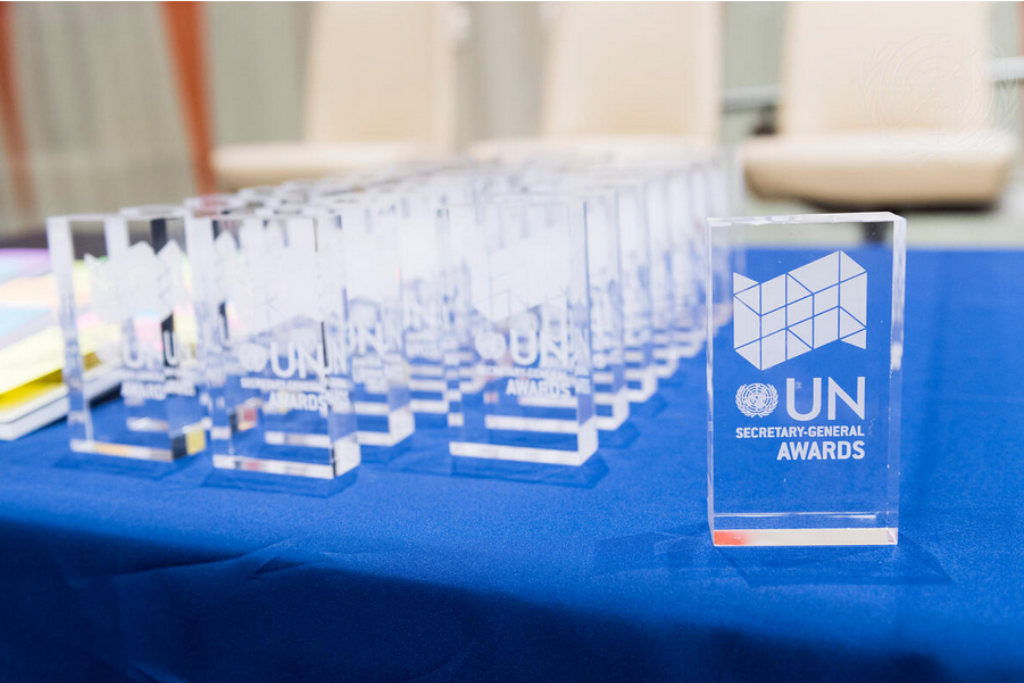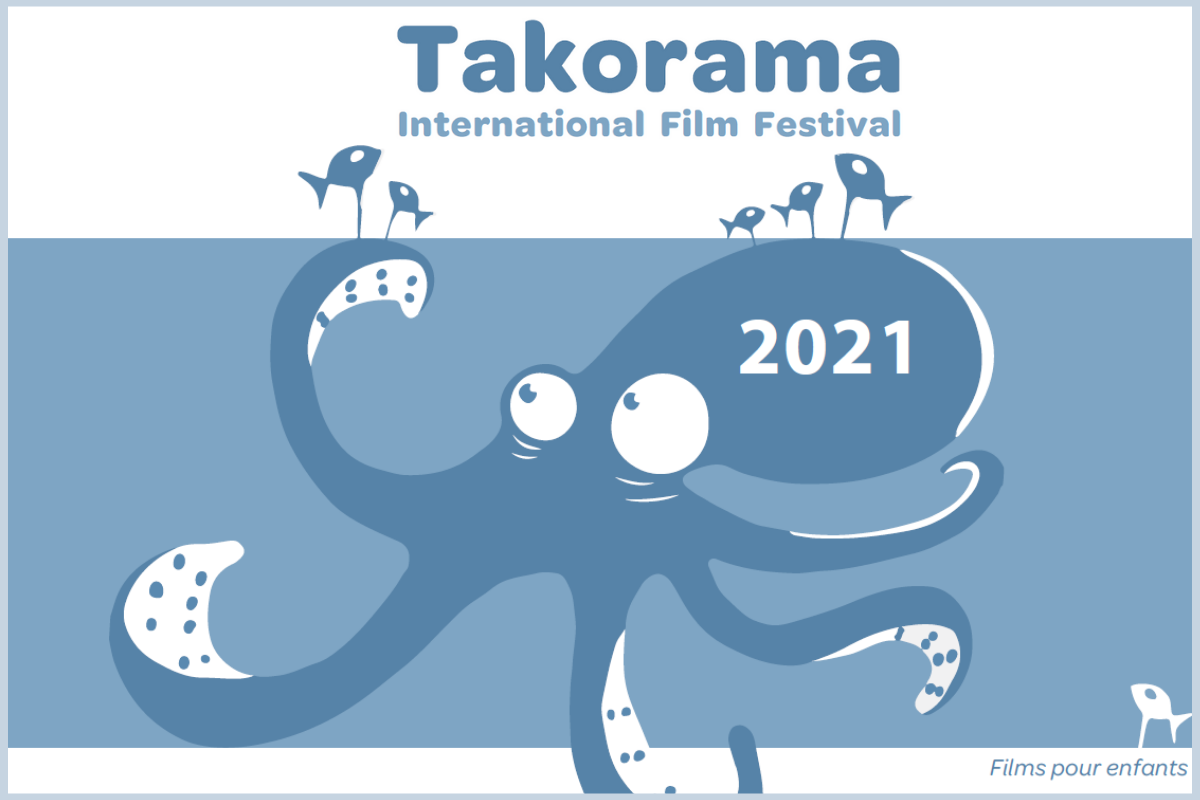United Against Corruption: Youth at the Forefront - International Anti-Corruption Day 2019
New Delhi, India / 9 December 2019. Observing the International Anti-Corruption Day 2019, UNODC South Asia engaged with over 5000 students and educators from Delhi, Gurugram and Bengaluru to strengthen youth action against corruption. Extending support to UNODC's Education for Justice Initiative (E4J), schools convened a range of interactive activities, pledge drives, skits and workshops to sensitise students on corruption and its impact of society.
Glimpses from these initiatives and young voices reflecting on the issue of corruption are featured in this short video:
At Delhi's Ahlcon Public School, over 300 students from grades 7-9 participated in an interactive workshop on SDG 16, corruption and the rule of law. In the discussions, students shared insights on ways to promote ethical behaviours and address corruption around them. In focused group exercises, students proposed the creation of an "SDG 16 Club" in their school, to promote anti-corruption awareness and to familiarise themselves with key legislations like the Right to Information Act. A special pledge was also conducted, where over 2000 students committed to act as responsible and honest citizens.
At Bengaluru's Legacy School, students and educators used art and visual tools to promote anti-corruption awareness among peers and parents. Through insightful paintings, students shared their personal experiences with corruption, and reflected on what they could have done to counter such acts. Using E4J modules and tools, educators also held multiple classroom discussions and group activities, where students were encouraged to suggest practical measures to counter corruption.

Students contemplated the creation of "watchdog" youth groups to document corrupt practices and amplifying public awareness through blogs, videos and art. Over 1500 students took the anti-corruption pledge, saying "our voices and actions matter!"

At Gurugram's Pathways School, the morning assembly was used as an effective platform for students and educators to reflect on the issue of corruption. Group discussions and debates on the impact of corruption on the Sustainable Development Goals were held, and students deliberated on jointly developing initiatives to promote transparency. Developing technology-centered interventions, such as creation of websites and apps to monitor financial spending in communities and reporting incidents of corruption, was highlighted as an effective means to strengthen accountability. Over 1500 students and educators also took a pledge to root out corruption and lead by example.
Corruption undermines democracy and rule of law, erodes quality of life, slows economic development, and enables organized crime and terrorism. Around US$ 2.6 trillion are lost annually to corruption, money that is urgently needed for healthcare, education, clean water, infrastructure, and other essential services. As guardian of the UN Convention against Corruption, UNODC works with governments, the private sector, civil society, sports organizations, educators and citizens to reject corruption, promote integrity and achieve the SDGs.
Additional information
Education for Justice Secondary Education


